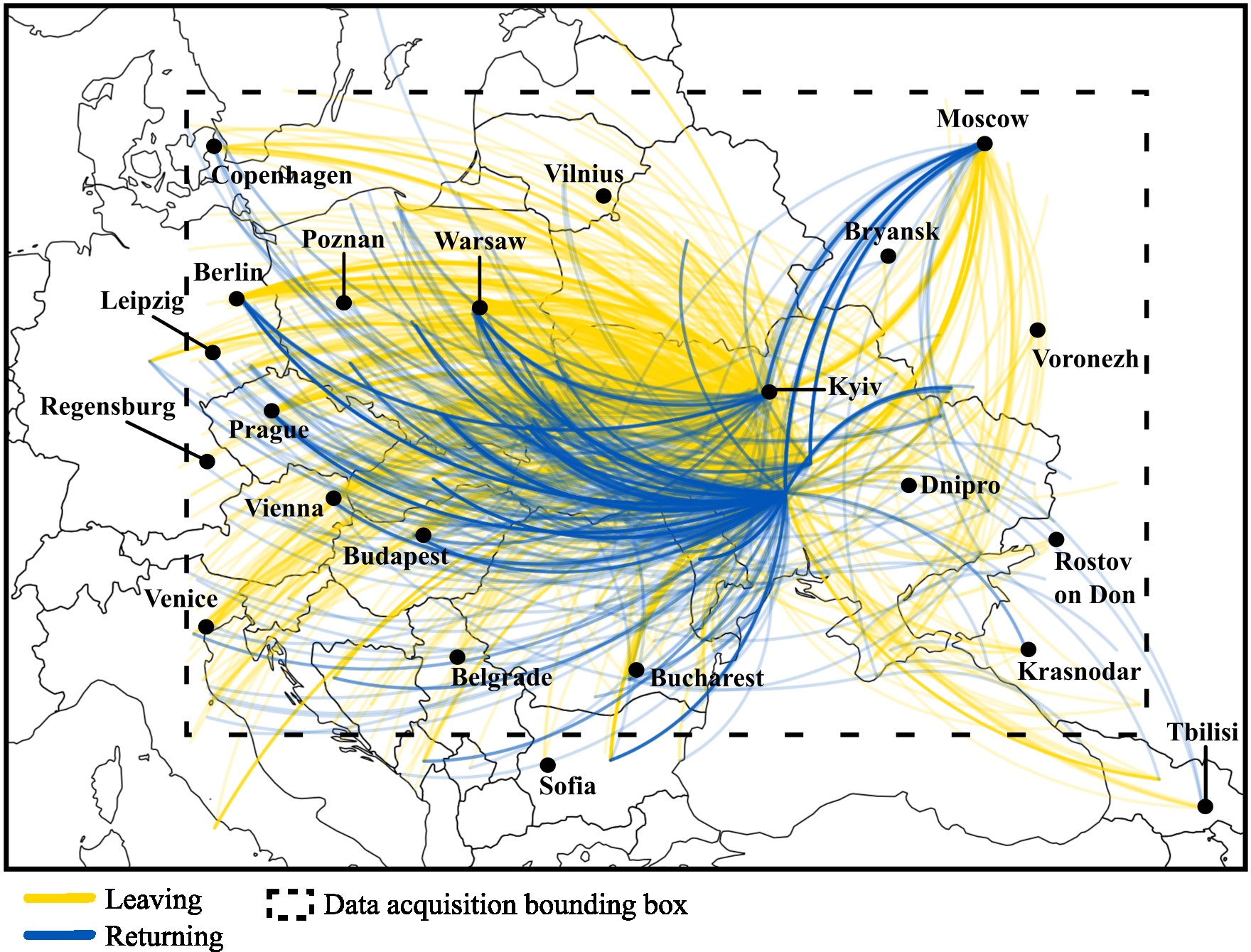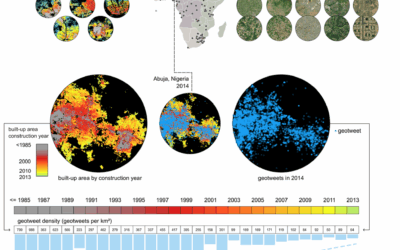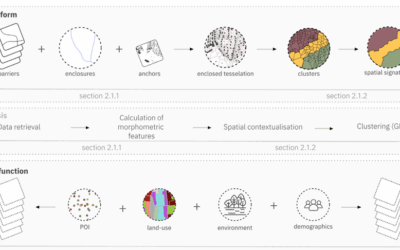A new paper titled “The voices of the displaced: Mobility and Twitter conversations of migrants of Ukraine in 2022” has been published by researchers from the University of Würzburg and the German Aerospace Center (DLR). In this research, the Geolingual Studies team joined the collective effort to produce relevant information regarding the ongoing humanitarian crisis triggered by the war in Ukraine. They identified mobility patterns and the main interests, opinions and needs of migrants from Ukraine at diverse stages of their migration process based on social media data. For this, spatial analysis and natural language processing techniques were integrated to assess multilingual geolocated data produced by Twitter users who left Ukraine after the beginning of the war.
Migration was predominantly found from Ukraine to Germany, Poland, Russia, Romania, and Hungary. The results show that “Attack reports”, “politics”, “donations to Ukrainians”, “food export/production”, “humanitarian aid”, “nuclear threat”, “Ukrainian places”, “job search”, and “war journalism” were dominant topics before leaving from and after returning to Ukraine. “Food”, “social media”, “transport”, “art”, and “finance”, however, were important topics right after leaving the country.
Despite the sampling limitations of social media data, the plausibility of these results is confirmed by the consistency of the spatial migration patterns (R2 = 0.89) and migrants’ needs with those stated in official sources. Furthermore, topics that were not present in official ground survey results were identified in this research. This might be due to a more open and natural communication of migrants on social media compared to predefined topics in surveys. This reveals relevant issues for migrants that might not have been anticipated in survey designs. This information can complement official sources, adding first-hand information on the mobility and needs of migrants across space, time, topics, and languages, which is crucial to develop humanitarian response plans when time is of the essence.
The full paper can be found here: https://authors.elsevier.com/sd/article/S0306-4573(24)00030-X
Media articles on this research have been already published in English: https://www.miragenews.com/tweets-uncover-insights-into-refugee-war-1079642/
And in German:
https://idw-online.de/de/news820550
For more information about the Geolingual Studies team: https://www.phil.uni-wuerzburg.de/gls/








